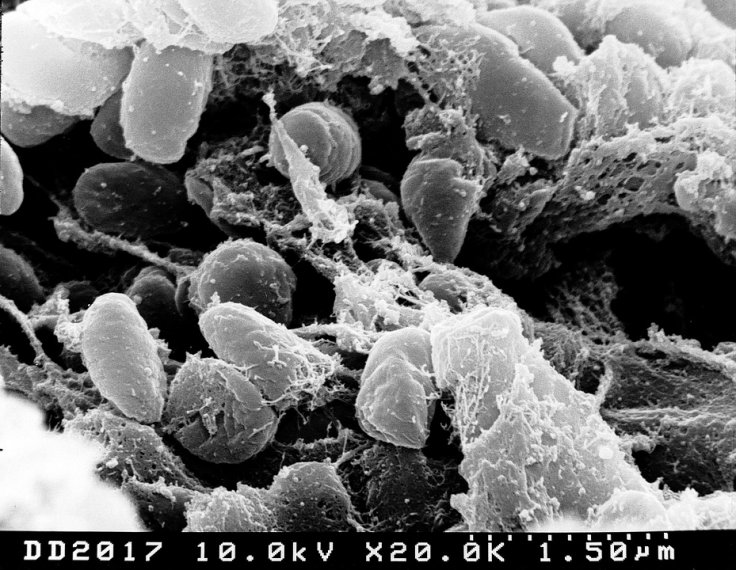A whole Mongolian region has been quarantined after a bubonic plague outbreak. Two such cases have been identified and suspected to be linked to the consumption of marmot meat, health experts have said.
Two individuals from a region next to the Chinese border contracted the illness as lab tests confirmed so, according to Mongolia's National Center for Zoonotic Disease (NCZD) in Khovd.
Now, the area is in quarantine amid the coronavirus pandemic, reported the Daily Mail.

Contacts Identified
The local media reported that vehicles are banned from entering the region temporarily. NCZD also analyzed samples from 146 people suspected to have come in contact with the two infected individuals.
They also identified 504 secondary contacts. Reports suggest that one of the victims is a 27-year-old male, while the other is a young woman.
Bubonic plague is a deadly bacterial infection that can kill adults within 24 hours if left without treatment.
It spreads by fleas living on rodents like rats, and in this case, it might possibly be spread by marmots. The bacterium is called Yersinia pestis.
Previous Incident
The news comes after a previous incident in April 2019 as a couple succumbed to the bubonic plague in western Mongolia's Bayan-Ulgii province after consuming raw marmot meat.
Almost 158 people were under intensive medical supervision in the region as they came into direct or indirect contact with the couple who died.
Citizen T, 38, died on April 27 after he ate marmot meat which he hunted. His pregnant wife, 37, also died after three days, as reported by The Siberian Times. This left their four children orphans.
Dr. N. Tsogbadrakh said that the pathogen 'affected the man's stomach' after he ate it.
The same plague had caused the Black Death, which wiped out more than a third of Europe's population back in the 14th century. Now, antibiotics can treat the disease. However, hundreds have died of it in recent years too.









